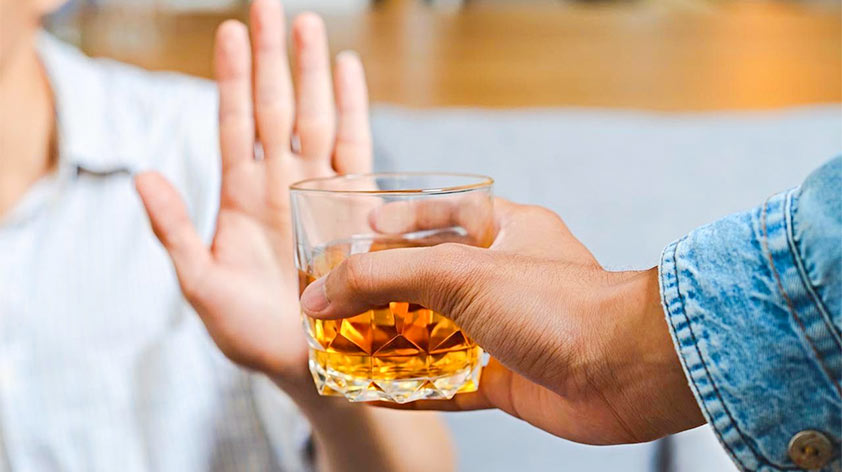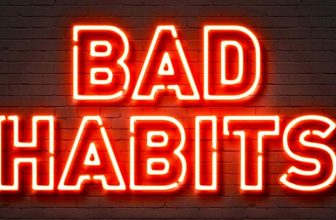
For those who have gone through an addiction, rehab can provide the help needed to overcome the addiction and move forward with a healthier, brighter future.
However, it’s not just smooth sailing after the initial assistance. There are times when it’s all too easy for someone to fall back into addiction, and it often starts with a trigger that causes them to use drugs or alcohol again.
It is through learning about their triggers and what other methods they have of dealing with them that someone can start to move forward and avoid turning back to the addiction.
What are Triggers?
Triggers are anything that brings back the memories of an addiction and causes the person to want to drink or use drugs again. Triggers can be anything, and they can create strong enough cravings that it’s difficult for someone to avoid turning back to their addiction, even if it’s just momentarily.
It is crucial for anyone who is recovering from addiction to learn to recognize their triggers and learn what they can do to move past them without going back to drugs or alcohol. This is where the benefits of php treatment can help. It’s possible for someone to get help learning their triggers and how to avoid or move past them.
How to Recognize Triggers
It is crucial to note that triggers are different for everyone. Each person needs to learn what their own triggers are and how to avoid them or to avoid using drugs or alcohol when a trigger occurs.
Triggers can be environmental, emotional, behavioral, or psychological. Environmental triggers are when someone goes to a place and has intense feelings related to their addiction, like someone who is an alcoholic walking into a bar they used to drink at a lot.
Emotional triggers are feelings and emotions that can cause someone to relapse. This might include stress, feeling powerless, being frustrated, or feeling rejection. With behavioral triggers, someone might feel they relapse when they slip into old routines, set goals that are unrealistic or don’t have a plan for how to handle something.
Psychological triggers are similar in that they deal with negative thoughts or beliefs. Someone might judge themselves too harshly or blame themselves for things they didn’t actually have control over.
What to Do When There is a Trigger
When there is something that ends up being a trigger, it’s crucial for the person to know what to do and how to handle it. Turning back to drugs or alcohol is not an option, though it can be difficult to avoid a relapse during these times.
Instead, get help from loved ones, talk to a therapist, indulge in self-care, or start exercising. Getting past the initial trigger and using healthier coping mechanisms can make it much easier to avoid the trigger and continue on the journey of recovery.
One of the hardest things someone will go through during their recovery is dealing with triggers once they have completed rehab. Learning to detect triggers to avoid the situation or move past it is vital, and it is something that will be different for each person.
Through rehab, it is possible to learn more about triggers and how to handle them appropriately to help reduce the potential for relapse.









